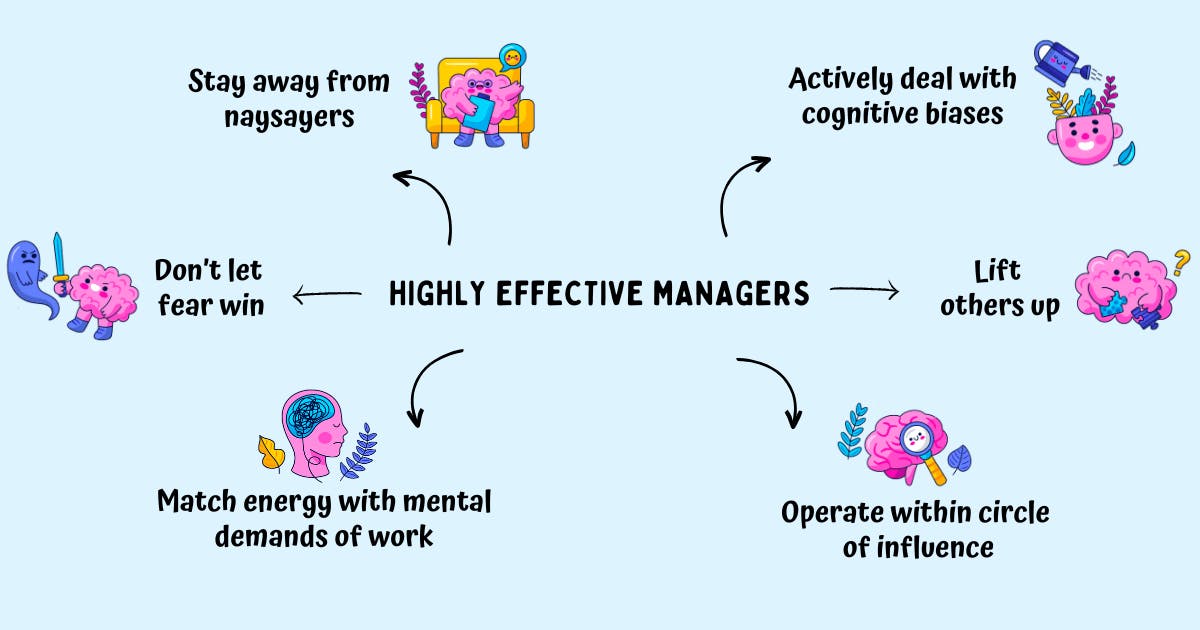Audio Presented by

Author Upgrade Your Mindset, Rethink Imposter Syndrome. Scaling products → Scaling thinking. Former AVP Engg @Swiggy
Story's Credibility

About Author
Author Upgrade Your Mindset, Rethink Imposter Syndrome. Scaling products → Scaling thinking. Former AVP Engg @Swiggy
